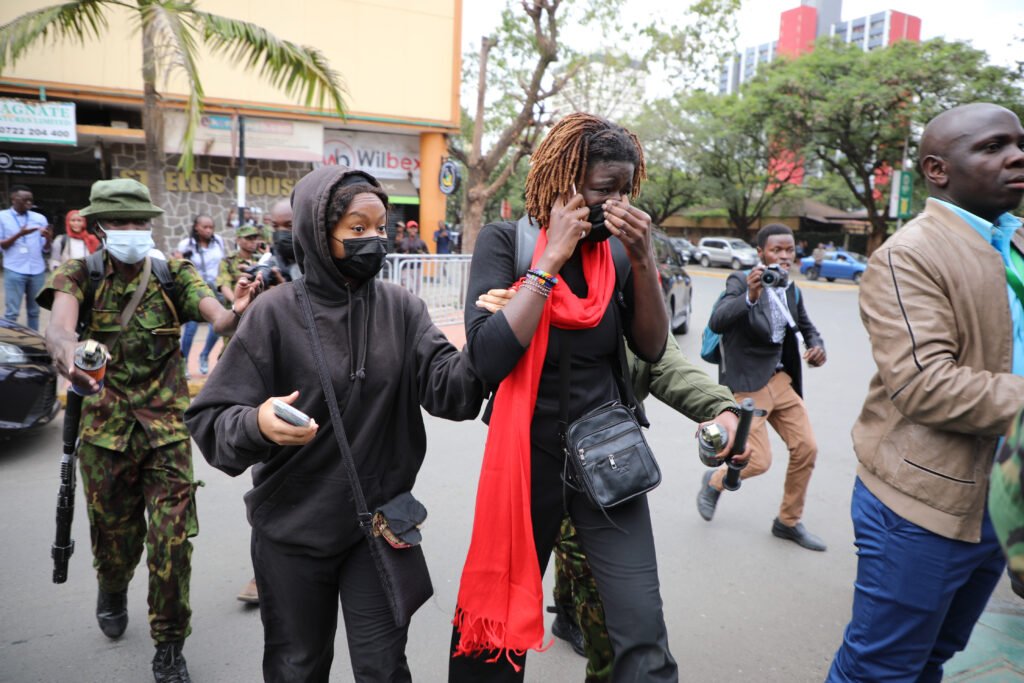Early Tuesday, June 18, the President chaired a meeting of the ruling Kenya Kwanza Parliamentary Group (PG) at State House, Nairobi, ahead of the tabling of the Finance Bill, 2024 in the National Assembly.
By 11am, the PG held a press conference — led by Leader of Majority in the National Assembly, Kikuyu Constituency MP Kimani Ichungwa — and the National Assembly’s Chair of Budget Committee, Molo Constituency’s Kimani Kuria.
The Budget Committee chair — Molo MP Kuria Kimani — informed the country that citizens’ demands had resulted in the removal of excise duty on bread and cooking oil, the dropping of the Motor Vehicle Circulation Tax, and duty on money transfer and digital services. These taxes were some of the major issues that Kenyans had rejected in the Finance Bill, 2024.
Prior to the press conference, there had been a clear expression of dissatisfaction with the revenue collection and expenditure proposals in the Bill by Kenyans through both public participation and social media. This led to heightened and concerted mobilisation by Kenyans who sought to thwart the Bill altogether. The one unprecedented element of this mobilisation was that it brought the young generation, popularly known as Gen Z, out into the streets.
With the Gen Z on board, two key factors that have the capacity of crippling the Government manifested themselves. One, their participation in the protests defied and transcended ethnic walls and two, it enlisted and unleashed digital and social media tools for political mobilization in a way that had not been done before.
Targeting Members of Parliament, whose responsibility is to debate and enact the Finance Bill 2024 into law, the mobilisers shared their mobile phone numbers to all and sundry. The masses then inundated the MPs’ phones with messages and calls, asking them to shoot down the Bill. It did not end there, a WhatsApp group of the Members of Parliament was formed and shared widely, and Kenyans spoke their minds to their elected representatives regarding the proposals in the Bill.
The icing on the cake was the ‘Occupy Parliament’ calls through social media platforms asking everyone to come out in their numbers and protest outside Parliament on June 18 in a bid to block the tabling on the floor of the National Assembly for debate of the Finance Bill 2024.
This shook the ruling class to the core. Young people for once got off the fence on matters politics. They are now alert and aware that bad decisions by politicians affect them as much as these affect any other generation. Their threat to occupy Parliament was real.
By 6am Tuesday, Government had poured police in riot gear on the streets of Nairobi. The President called an Parliamentary Group meeting of the ruling coalition at State House by 8am and yielded to the key demands against the Finance Bill. For the first time since President Ruto ascended to power in 2022, he yielded to pressure.
Had the mobilisation against the Bill been led by a politician, the Government would probably have ignored his grievances. It would not have yielded an inch. It would have waged a propaganda war and thereafter come out hard on demonstrators. What this showed is that the movement that will stop this administration from levying high taxes will be led by Kenyans themselves, not by politicians.


